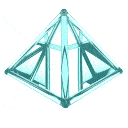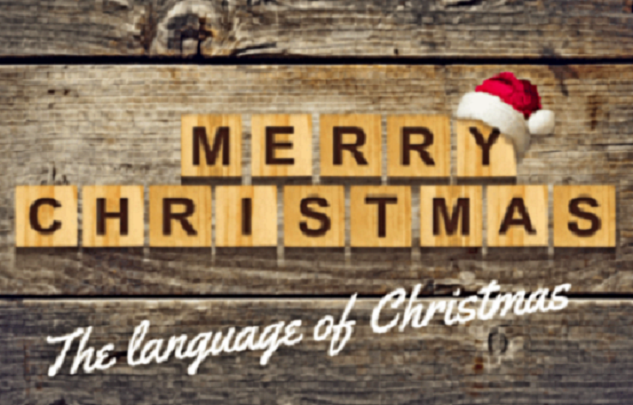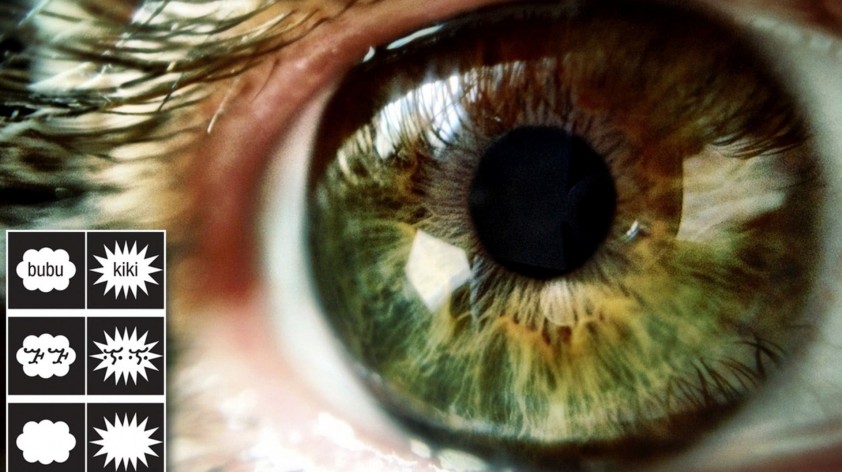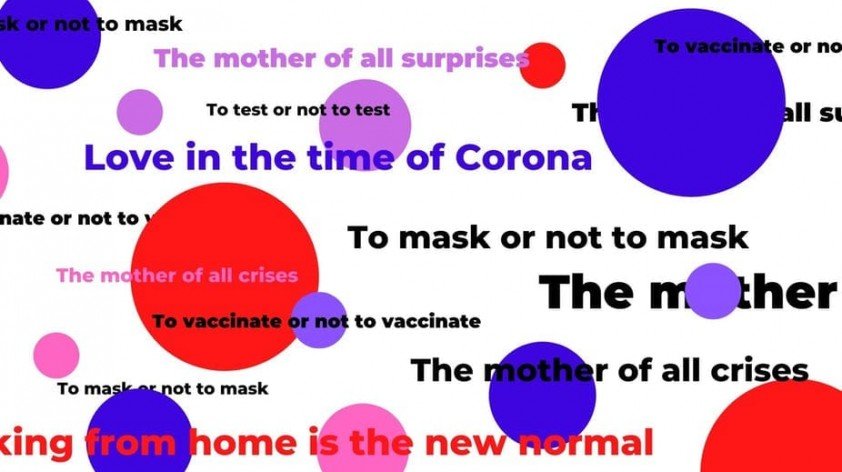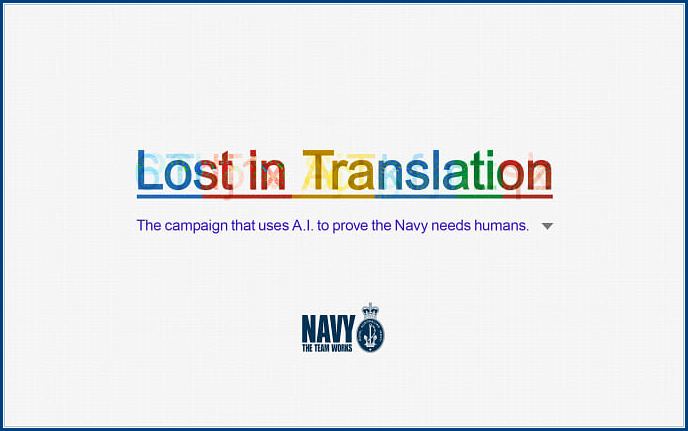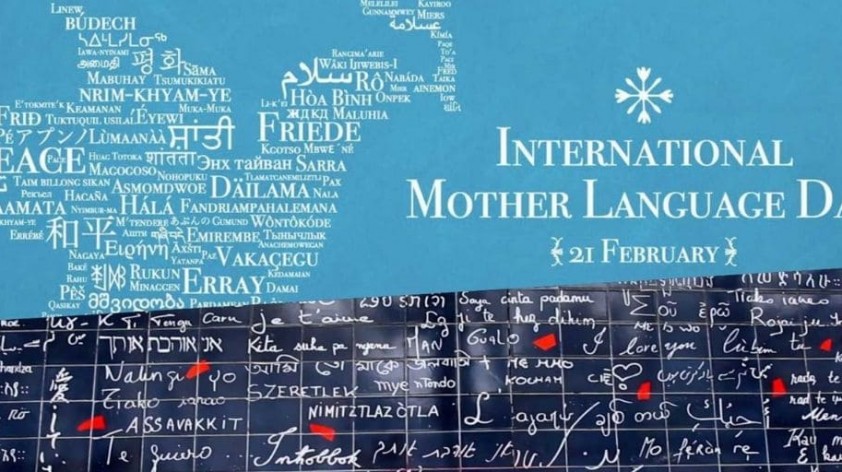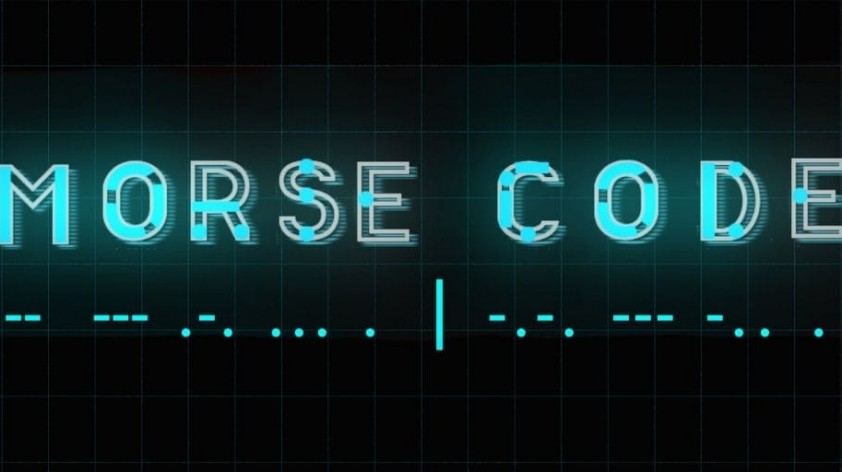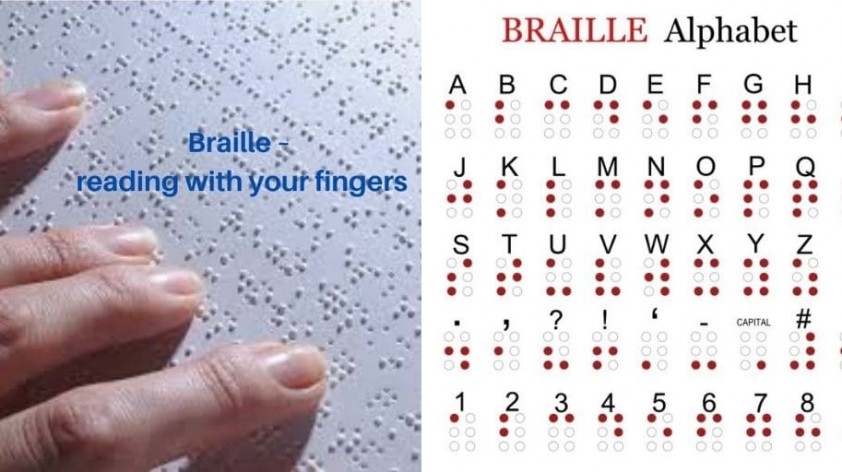Study reveals how emotional context affects how we use and understand language at the neural level. Language and social identity have been making headlines recently. Last month, Air Canada’s CEO Michael Rousseau faced scrutiny over not knowing French – his language deficit is helping support Bill 96 in Québec (which seeks to change the Canadian Constitution to affirm Québec as a nation and…
Language gives us the power to describe, virtually without limit, the countless entities, actions, properties, and relations that compose our experience, real and imagined. But what is the origin of this power? What gave rise to humankind’s ability to use words to convey meanings? Traditionally, scholars interested in this question have focused on trying to explain language as an arbitrary symbolic code.…
With Christmas around the corner, this is to engage in some festive linguistics and investigate the roots of some of our favourite Christmas words. We hope this little glossary is helpful in understanding the background behind the terminology. Advent – from the Latin adventus meaning ‘coming’, is the time when Christians prepare to celebrate the birth of Christ. Advent…
What shape do you think of when you hear the words Bouba and Kiki? Have you ever tried to communicate with someone who doesn’t speak your language? Exchanging frantic gestures and impossible-to-understand words as you both become more and more frustrated? It usually seems like an impossible situation. However, scientists who are interested to learn how sight and sound…
During the COVID-19 pandemic, we have seen an explosion of new words and phrases in English (for example, ‘covidiot’) and other languages, e.g. ‘Coronaspeck’ in German (to describe lockdown weight gain) that have helped us make sense of a period defined by social confusion and constant change, as well as global stagnation. The scope of language innovation in relation to…
The Royal Australian Navy needed to recruit 40 Navy Cryptologic Linguists, a priority role whose primary duty is to intercept and translate foreign languages. To generate recruitment buzz, last year they launched a digital campaign that highlighted the need for human translators. Thus they began to enlist the help of Artificial Intelligence, the very technology most job seekers are fearful…
International Mother Language Day 21 February was announced by the UNESCO in 1999 to celebrate cultural diversity and to commemorate the “language martyr” experienced by students 1952 in Bangladesh. These students are now honoured by the encouragement of multiculturalism and the promotion of protective measures for endangered languages. It is hard to imagine the challenges faced by students who have…
Samuel F. B. Morse invented his eponymous ‘Morse code’ as a way to communicate via a series of dots and dashes. This elegant system revolutionised communications back in the 1800’s. Under the code, every letter in the English language – along with most punctuation marks and each number from zero through nine – was given a unique, corresponding set of…
World Braille Day celebrates every year on 4 January the birth of Louis Braille, inventor of the touch reading and writing system used by millions of blind and partially sighted people all over the globe. Braille is a system of reading and writing for blind persons in which raised dots, in a series of 6 dots paired up in 3…

